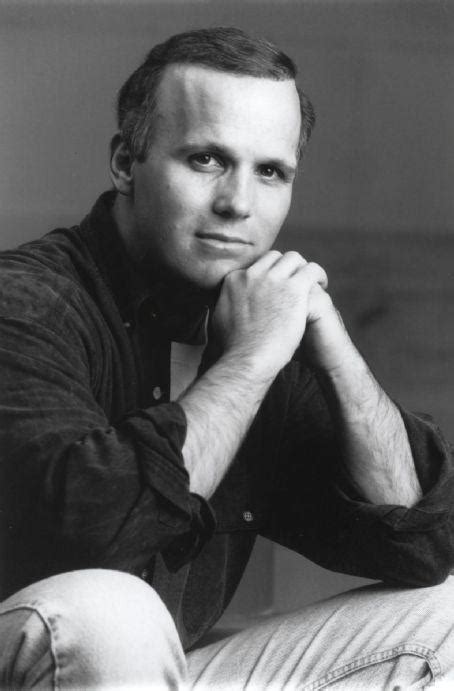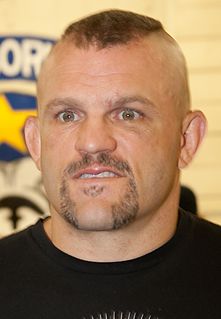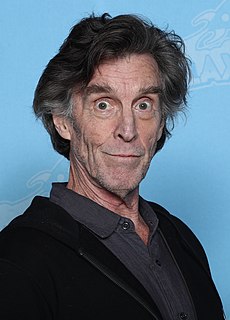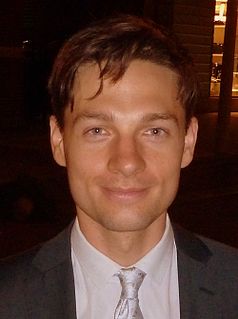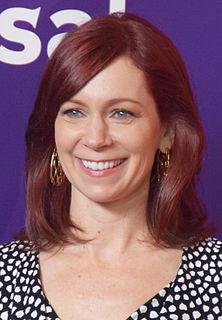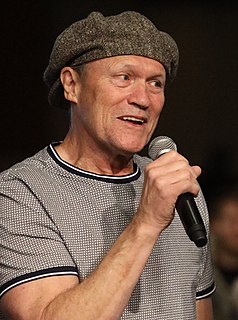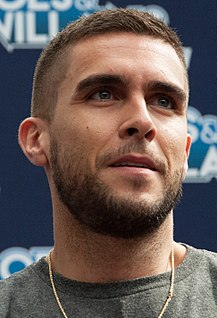A Quote by Eric Balfour
One of the greatest things I've learned, as an actor, was how to talk to actors.
Quote Topics
Related Quotes
The visual stuff just lives inside of you. As far as really being able to take care of an actor on a set, how to talk to an actor, and how to get what you need out of a scene is probably where I might know a thing or two. Although, in TV, the actors are pretty much left alone. It's really the writer's medium more than anything.
The actor has to have some degree of craft, along with the talent. No one tries to laugh except bad actors. No one tries to cry except bad actors. How a character hides his feelings tells us who he is. Most people don't know that, and most actors don't do that. Therefore, there are a lot of actors who put me to sleep, that are considered good actors, but they're predictable and boring. I know how the scene is going to end before it ends.
Everything I learned about women, I learned from the ages of 13-16. Every girl would talk to me about their problems, and none of them wanted to date me. So, I learned all of these things. So, when I finally got to the place where I could hit on girls, I just referenced back to all the things that I learned in high school.


